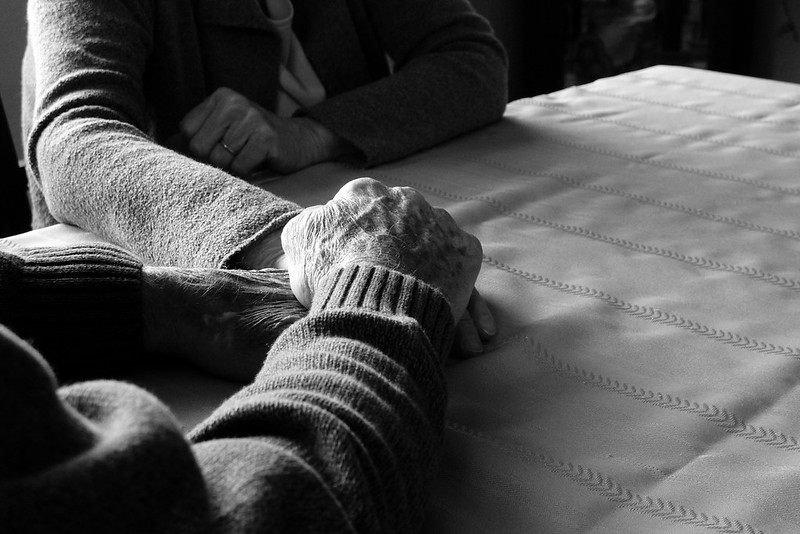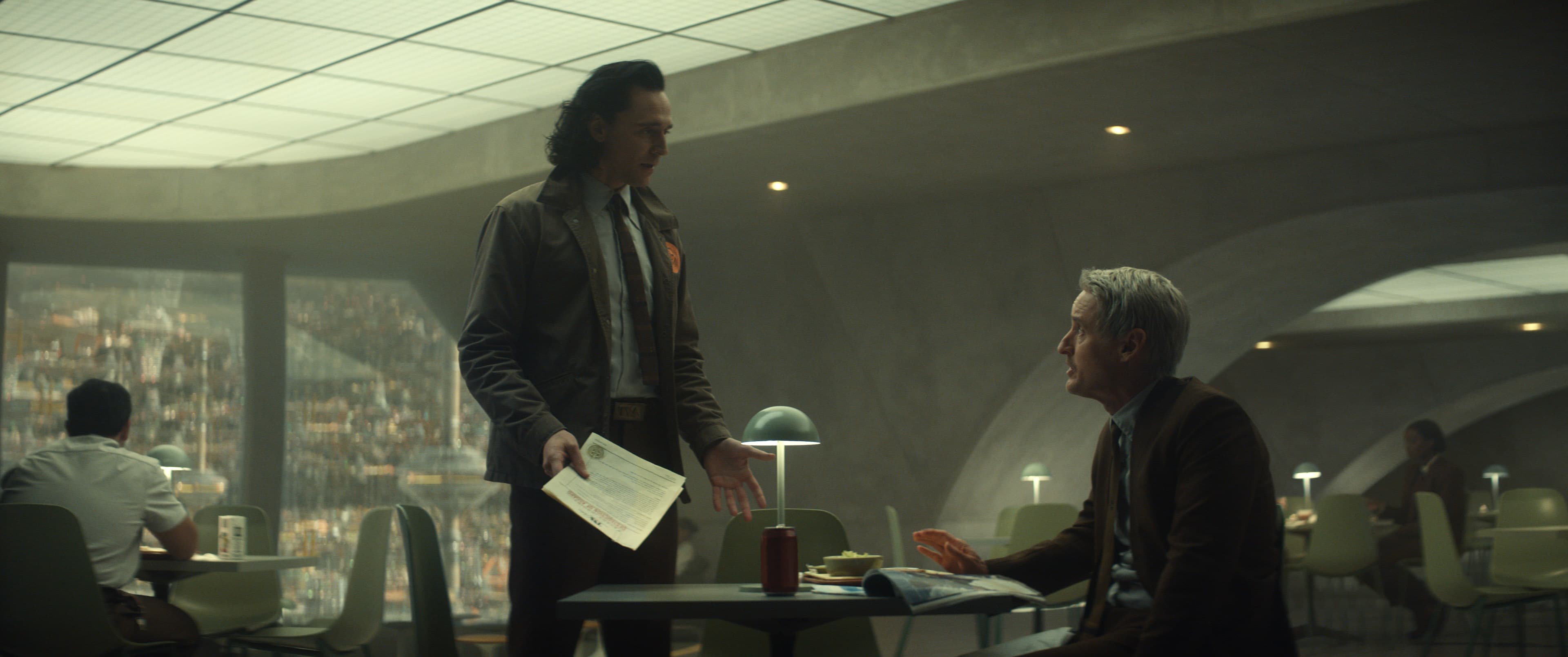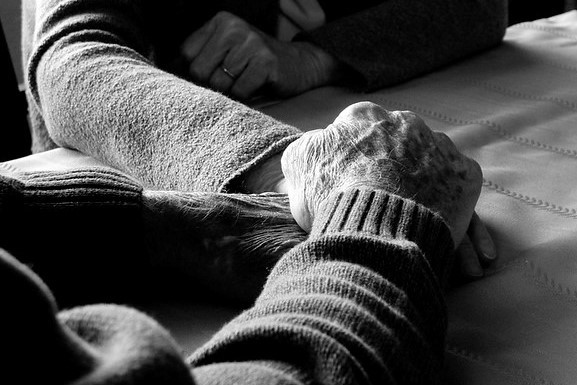One day this past spring, I was having breakfast with my grandparents at their home. A weekend visit, for coffee and pastries, were something of a tradition. For as long as I could remember, our family had gathered at their home when we could, to share some food and conversation.
On this occasion, I was the only visitor. I remember listening to them both: perhaps as my grandmother was worrying about getting ready for Church, or planning a family event. At some point, though, I started to feel puzzled. Something didn’t seem right.
“But, wait,” I said, interrupting her.
“You’re dead.”
She looked at me, maybe concerned? I think that they both asked if I was ok.

But I was right – she and my grandfather had both died, one never recovering from a fall, the other falling slowly to dementia. It had been years since we had met them for cofee on a Sunday morning.
At that moment, I had no idea what was going on. But, I recall smiling, and feeling a combination of confusion, and delight, maybe crying a bit. And as I reached out to my grandmother, I felt such a deep sense of happiness, joy, as I was able to give her a hug.
I woke up soon after that, and realized that I had been dreaming all along. Since then, the moment has stuck with me, because it felt so real, in a deep and physical sense, in the moment. Touching my grandmother’s shoulder, I was truly shocked at how substantial, solid it was.
I thought of this dream recently, while watching the new series, Loki, on Disney+. As our household includes several Marvel fans, we were all very excited to see the first season of the show. And, though I personally found the show to be an interesting, and mostly light, diversion, there was a moment in the second episode (“The Variant”) that struck me as very important observation.
In the episode, there is a scene where main character, the Norse god Loki, has been captured by agents of the Time Variance Authority (TVA). The TVA is an organization that exists to manipulate events to control the flow of time, and needs to remove “variants” such as Loki after their timelines diverge from the approved path.
Loki finds the explanations of Mobius, a TVA agent, about the nature and origins TVA (how it and all of the TVA staff were brought into existence by the “Time-Keepers”) to be ridiculus. Loki confronts Mobius with how implausible the TVA story seems, but Mobius hits right back, pointing out how ridiculous Loki’s own life is. Mobius ends with:

… if you think too hard about where any of us came from, who we truly are, it sounds kinda ridiculous. Existence is chaos. Nothing makes any sense, so we try to make some sense of it. And I’m just lucky that the chaos I emerged into gave me all this…
Loki – Season 1, “The Variant”
For fictional, and fantastical, characters such as Mobius and Loki, it is easy to see how true this statement is. But, doesn’t this describe our own lives, too? To look closely, carefully, at our own lives (at where we come from, who we are) can be quite unsettling.
After all, how did we get to this point in the first place? As I think back on my own life, as best I can see the start of it, the moments I would put at the beginning are hazy, at best. I find myself clutching a handful of images, experiences, that feel like they were near the beginning of what I can remember. And, there are a lot of gaps in what I remember from that time to today. The past, my past, is mostly gaps between moments of recollection.
And, our day-to-day experience has plenty of gaps as well. Each day, we typically pick up where we left off the evening before. On waking, we pick ourselves up again, and carry on. And really, this doesn’t differ too much from how we normally act in our dreams, where we take the illogical for granted. While I noticed that something was wrong in my dream about my grandparents, this was an exception that proved the rule: almost all of the dreams I can recall are united by the fact that I took each situation (no matter how absurd) for granted, and did not ask, “How did I get here? What is going on?” except in very rare cases.
But, while it feels natural, and obvious, that on waking we carry on from the day before, this really is an active process. For example, I remember waking once this past year, after not sleeping well, and using the bathroom. As I sat, I had a very clear moment in which I did not feel oriented in time, or really in my self. I didn’t know what day it was, where I was, or even who I was. That feeling faded quickly, but it was an especially odd experience. And, it was interesting to note that I felt that I could still function, and that I don’t recall any sense of panic. But, for that time the “who” of me (the specifics of who I think that I am) was distant, just out of reach, while normally it is underneath each of my waking moments.
I’ve had weaker versions of this experience, after taking a nap at an odd time of day, or sleeping in a new place when travelling: the feeling on waking of not being entirely certain where I was, or when. Knowing the who/where/when of ourselves can be something that is easy to take as a given, but it is something that has to be created – it is an active process.
What I have taken from these experiences is how important it is to bring attention to the present moment. They remind me that with careful attention, we always have the opportunity to awaken. I’ve tried to cultivate an attitude of curiosity more often: What is this moment? How did we get here? What are we doing? Without doing that effort, practice, it is easier for me to take this moment for granted. And, to then miss the deeper reality, the substance, of what we are experiencing. I have found myself lost for a time in some conflict, or even an intoxication, which may seem more real than the rest of the world around me. But, in the end, these too will pass like dreams.
